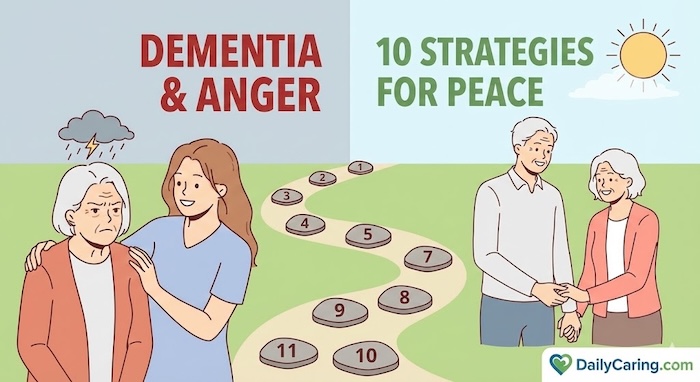When a loved one with Alzheimer’s repeatedly asks, “When are we going home?” or “Where is my mother?” it can feel like a heartbreaking test. Your instinct to provide a logical, factual answer often leads to more confusion, frustration, or agitation for both of you. These repetitive questions aren’t about seeking information—they’re a window into an underlying emotional need for comfort and…




















